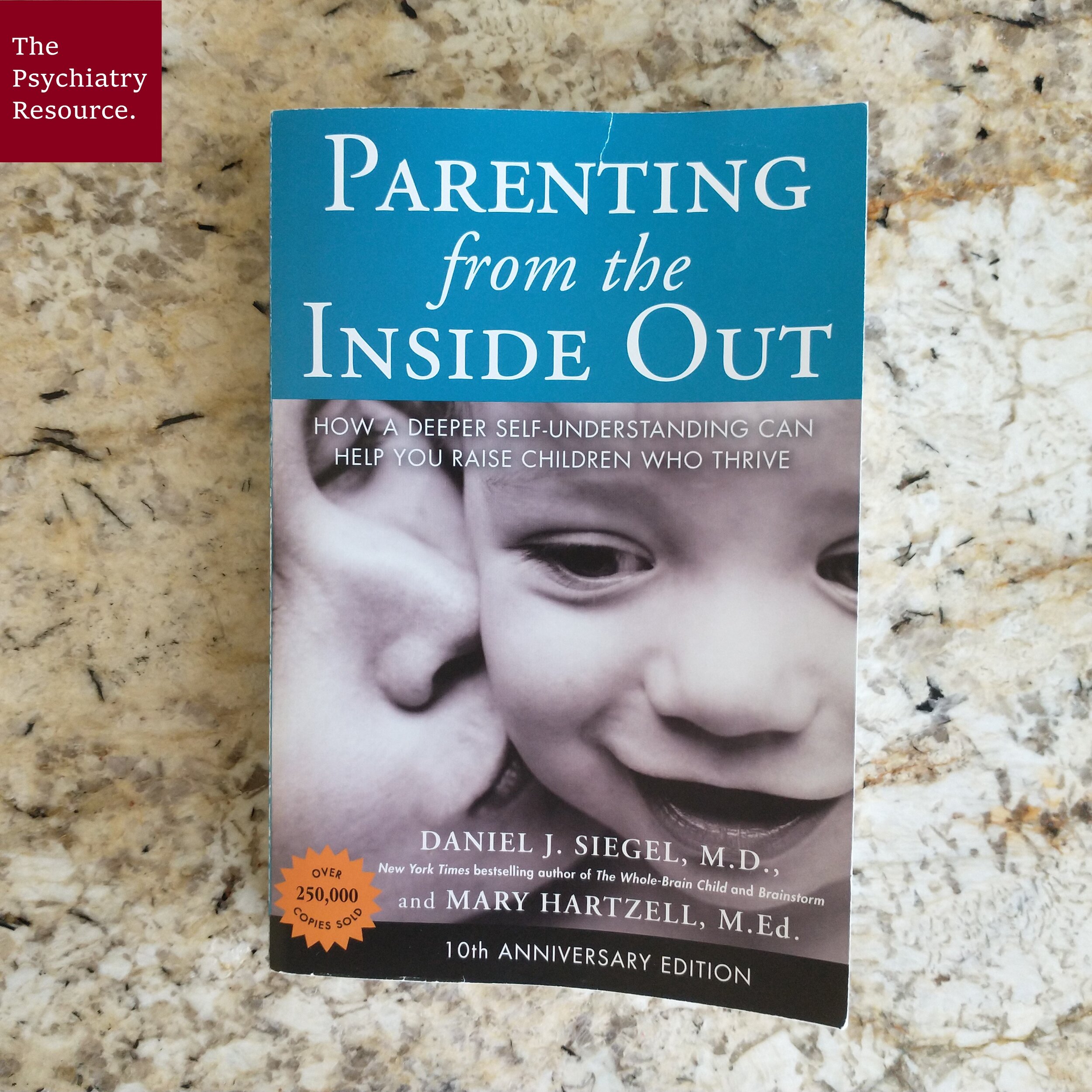Parenting is a journey that often prompts us to look inward, examining our own beliefs, emotions, and behaviors. While there are countless parenting books and strategies available, one approach that stands out is “Parenting parentings.us/ from the Inside Out.” This philosophy emphasizes the importance of self-awareness and emotional intelligence in raising happy, resilient children.
Introduction to Parenting from the Inside Out
Parenting from the Inside Out revolves around the idea that our own emotional well-being profoundly impacts our children’s development. It suggests that by understanding ourselves better and addressing our own emotional wounds, we can become more empathetic, responsive parents.
Understanding Emotional Intelligence in Parenting
Emotional intelligence, often referred to as EQ, is the ability to recognize, understand, and manage our own emotions, as well as those of others. In the context of parenting, high emotional intelligence enables us to empathize with our children, regulate our responses, and foster healthy relationships.
Building Self-Awareness as a Parent
Self-awareness is the foundation of effective parenting from the inside out. It involves recognizing our own triggers, biases, and patterns of behavior. By becoming more self-aware, we can break free from negative cycles and respond to our children with greater empathy and understanding.
Healing from Past Traumas
Many parents carry unresolved emotional wounds from their own childhoods. These traumas can manifest in parenting challenges such as overreacting to misbehavior or struggling to connect with our children. Seeking therapy or support groups can aid in healing these wounds, allowing us to parent from a place of wholeness.
Developing Healthy Communication Patterns
Effective communication is essential for fostering a strong parent-child bond. By practicing active listening and expressing ourselves authentically, we can create an open, supportive environment where our children feel heard and understood.
Setting Boundaries and Consistency
Clear boundaries provide children with a sense of security and structure. Consistency in enforcing these boundaries is key to helping children understand expectations and develop self-discipline.
Encouraging Emotional Expression in Children
Children need space to express their emotions freely. By validating their feelings and teaching them healthy coping mechanisms, we can empower them to navigate life’s ups and downs with resilience.
Modeling Positive Behavior
As parents, we serve as role models for our children. By demonstrating empathy, kindness, and resilience in our own lives, we teach them invaluable life lessons that go beyond words.
Practicing Mindfulness in Parenting
Mindfulness involves being fully present in the moment without judgment. By incorporating mindfulness practices into our daily routines, we can cultivate greater patience, empathy, and resilience as parents.
Fostering Secure Attachment
Secure attachment forms the basis for healthy relationships throughout life. By responding to our children’s needs promptly and consistently, we lay the groundwork for trust, intimacy, and emotional regulation.
Understanding Child Development
Each stage of childhood brings its own joys and challenges. By understanding age-appropriate behaviors and milestones, we can set realistic expectations and provide appropriate support and guidance.
Cultivating Empathy and Compassion
Empathy is a cornerstone of effective parenting. By teaching our children to consider others’ perspectives and show compassion towards themselves and others, we foster empathy and kindness.
Handling Parenting Challenges
Parenting is full of challenges, from sleepless nights to power struggles. By approaching these challenges with patience, creativity, and a sense of humor, we can navigate them more effectively and strengthen our parent-child bond in the process.
Seeking Support and Resources
No parent has all the answers, and that’s okay. By reaching out to other parents, attending workshops, and staying open to new ideas, we can continuously grow and learn as parents.
Conclusion
Parenting from the Inside Out is a journey of self-discovery and growth. By prioritizing our own emotional well-being and fostering strong, empathetic connections with our children, we can raise confident, resilient individuals who thrive in life.

